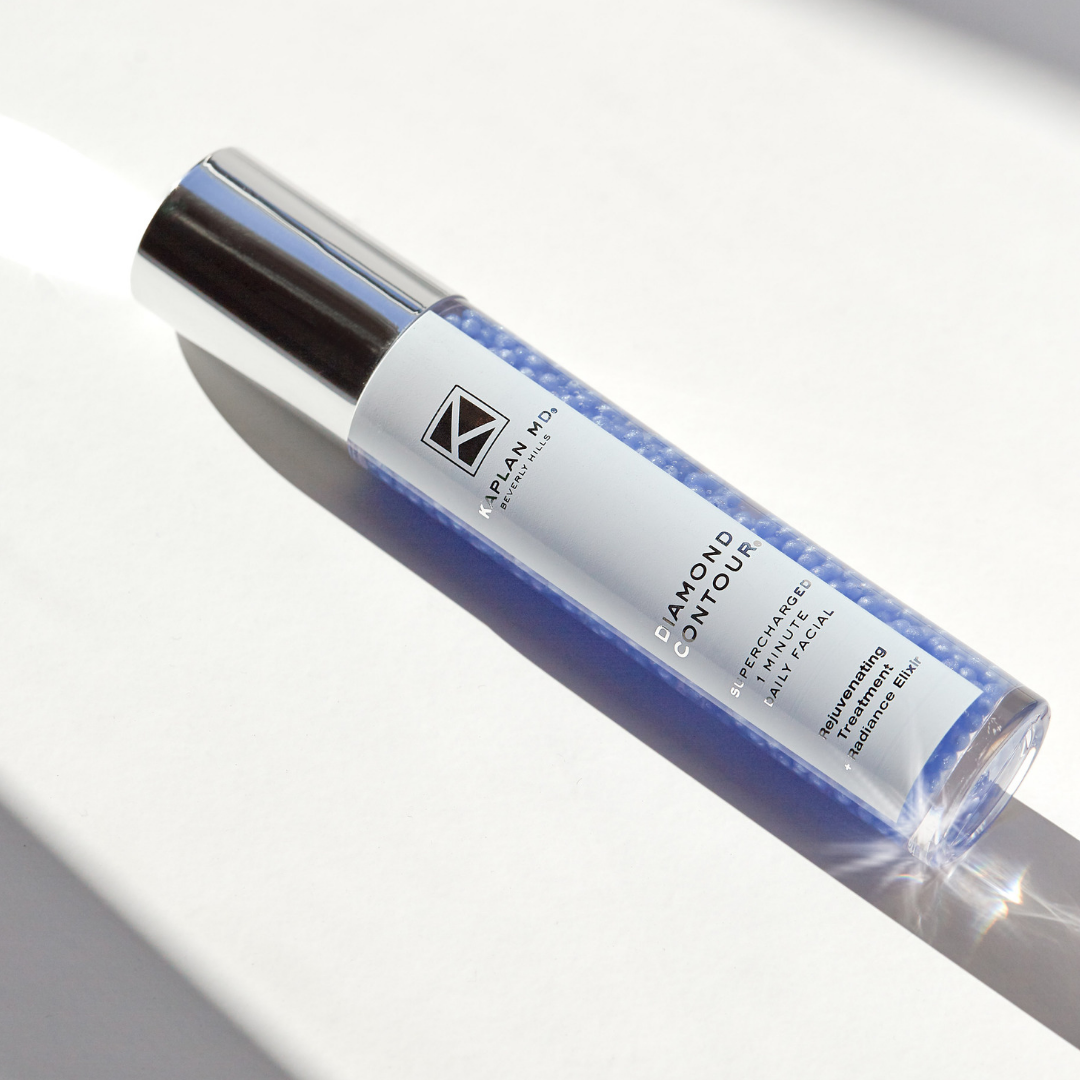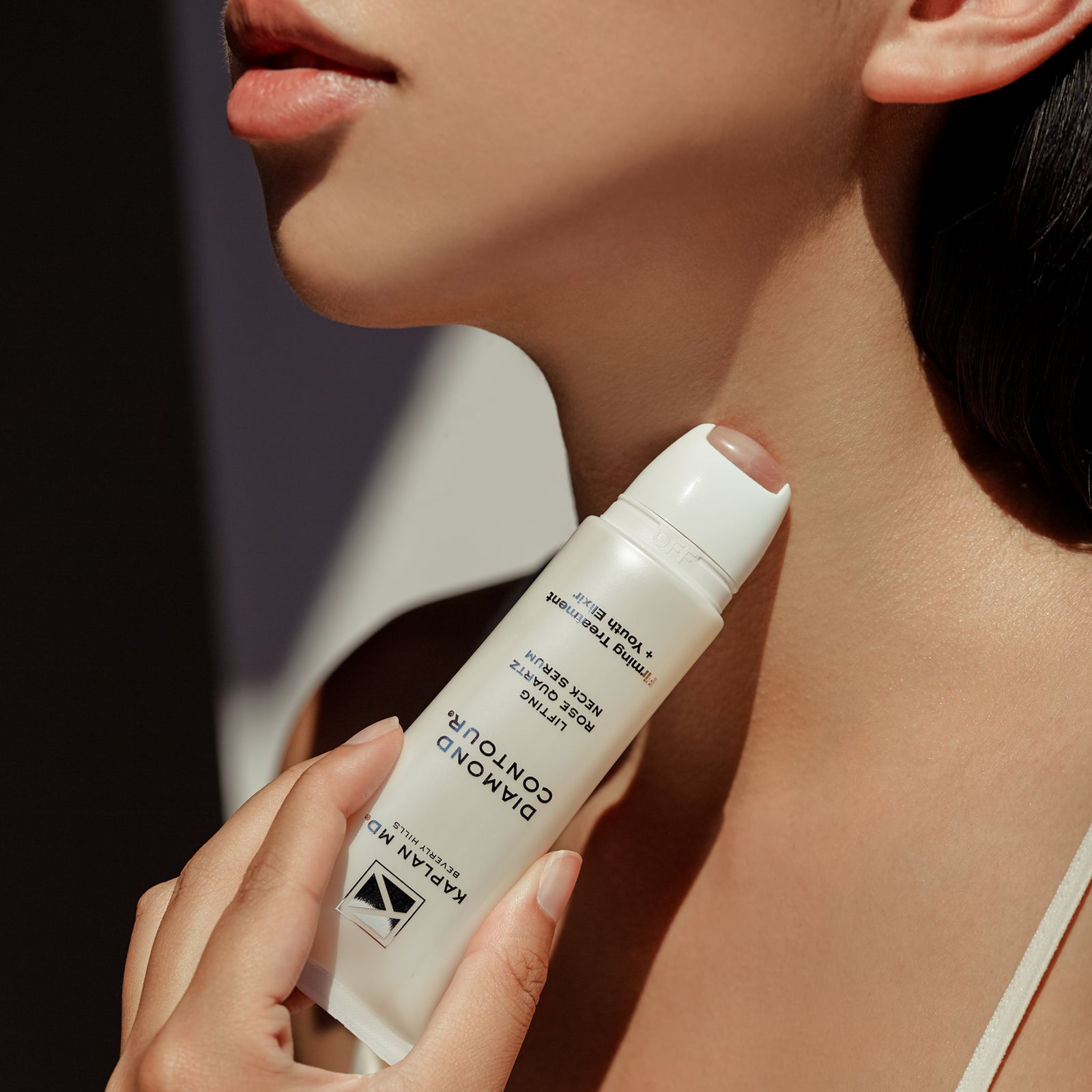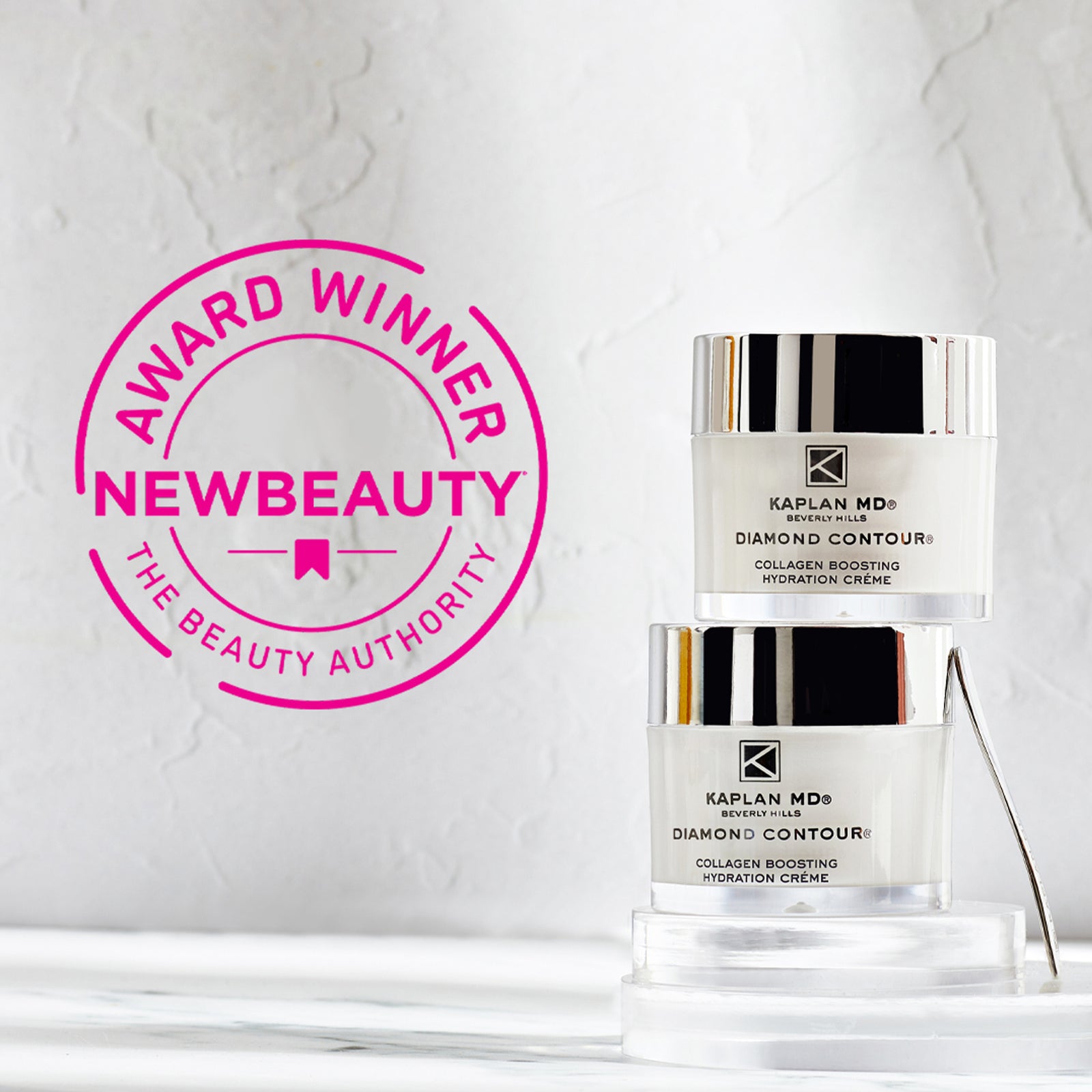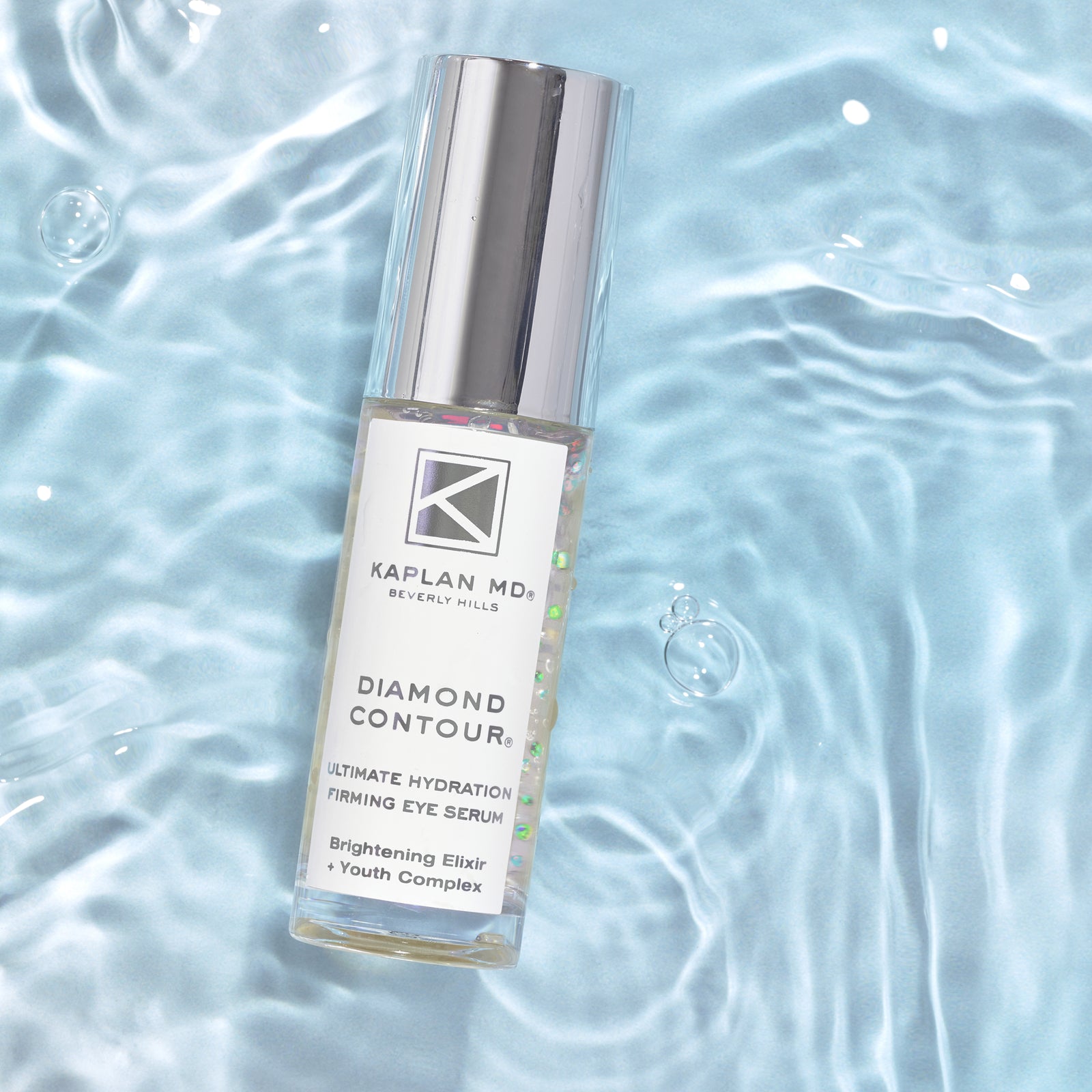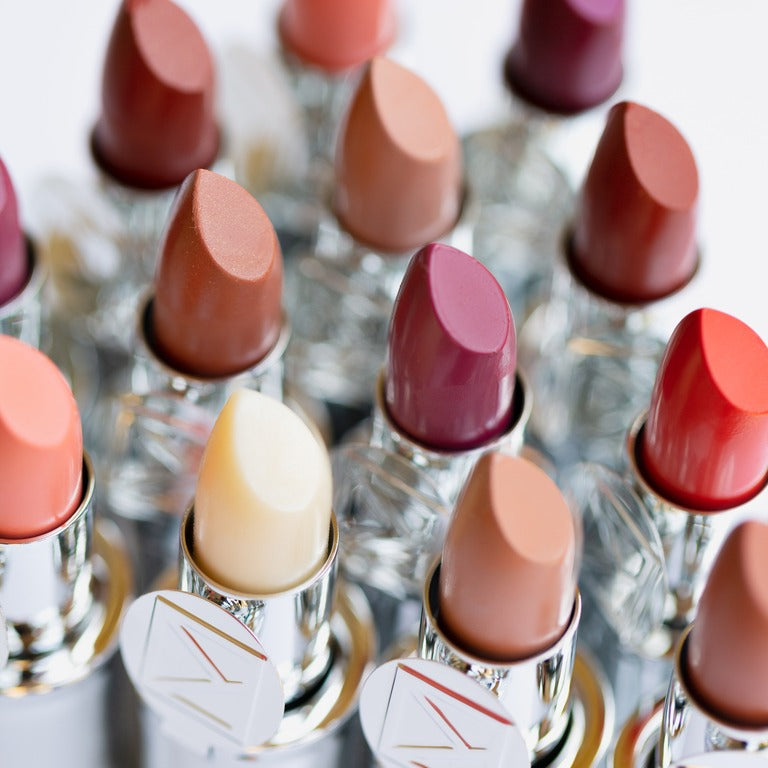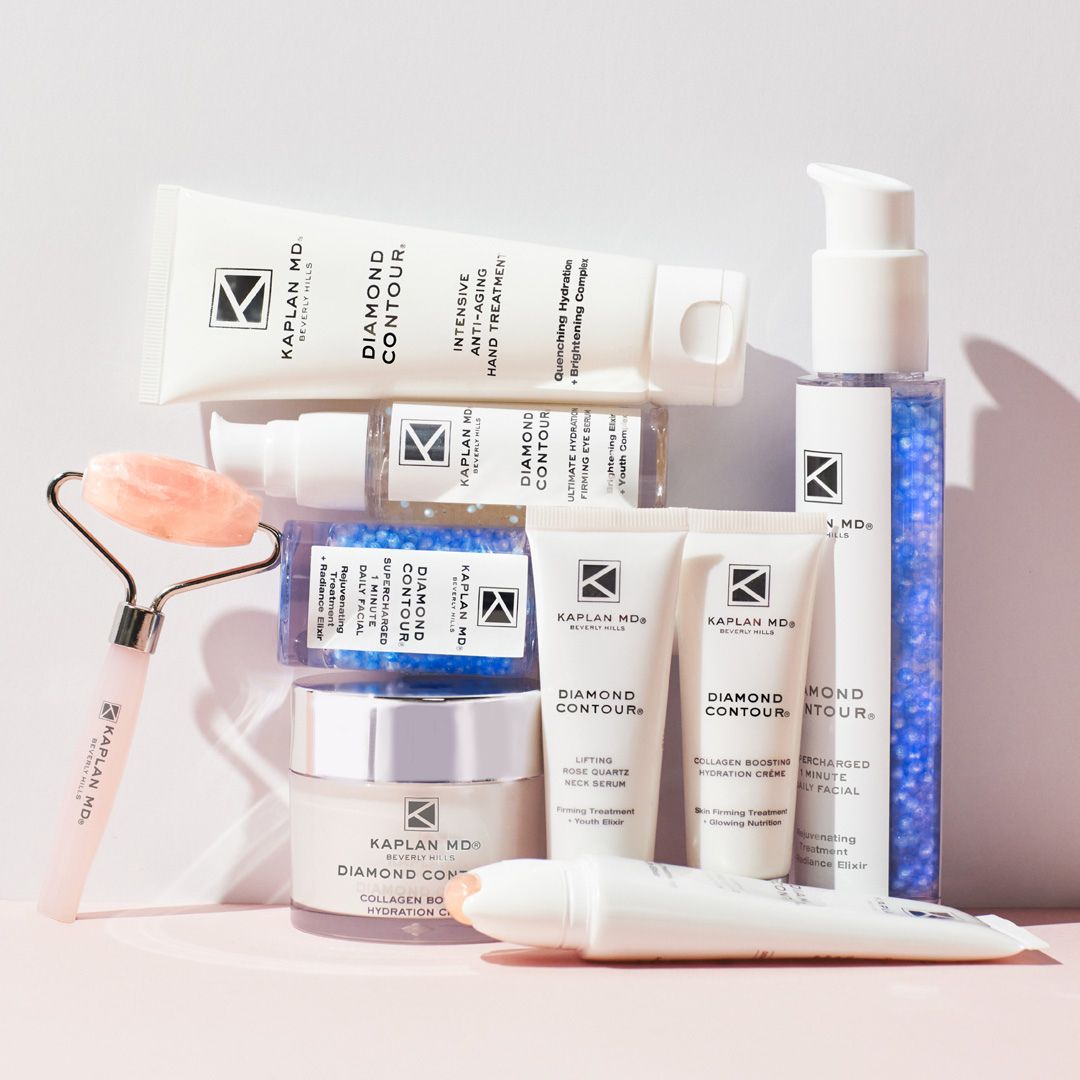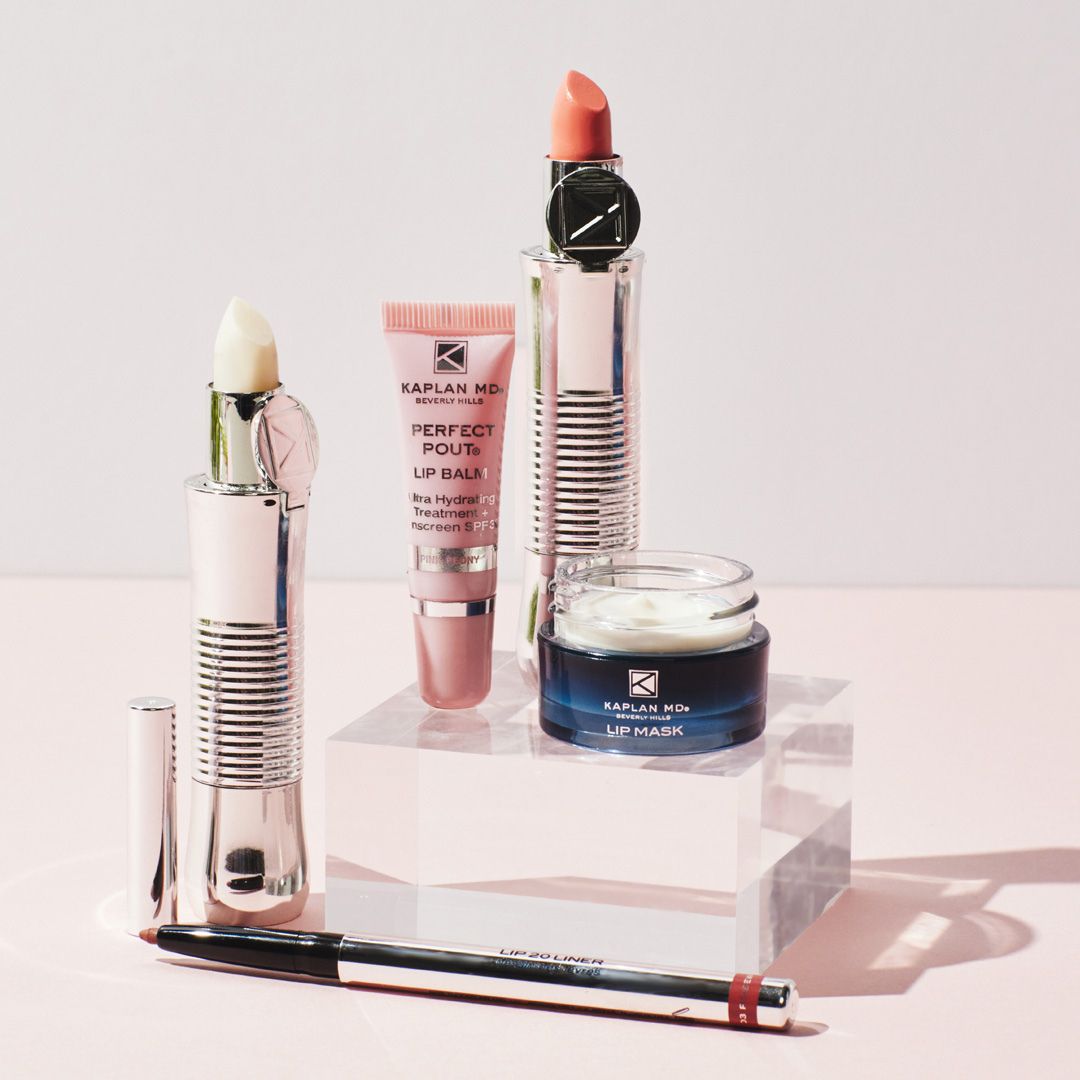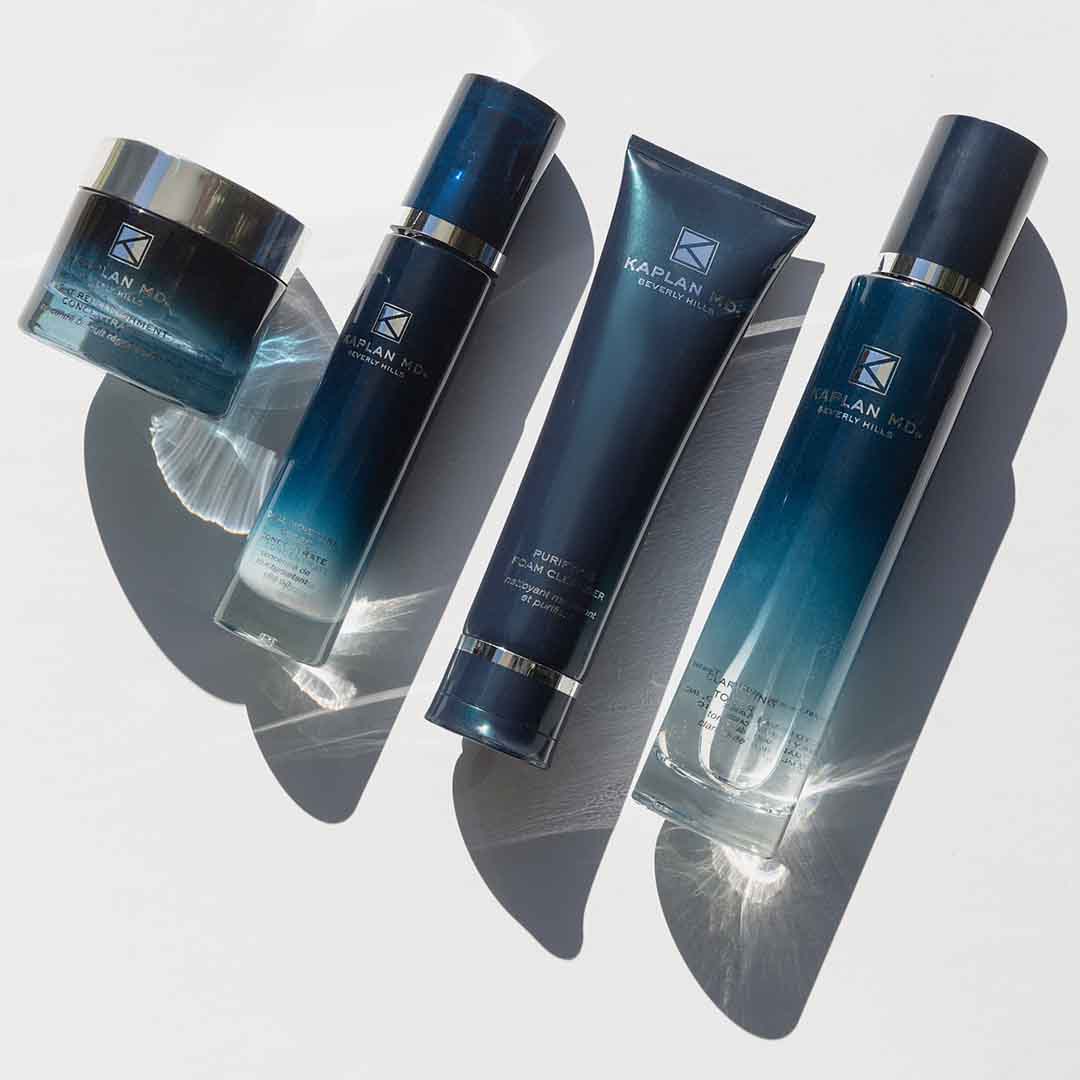Dr. Kaplan – Rosacea
ROSACEA
Do you blush or flush easily? When you look in the mirror, do you see redness in the center of your face? Do you also see acne-like breakouts even though your teen years ended decades ago? Where you have redness, do you see tiny veins?
You might have rosacea. Common signs and symptoms include:
- Redness across nose and cheeks, which can spread to chin, forehead, or ears
- Acne-like breakouts
- Oily skin
- Skin feels sore and easily irritated
- Thin, reddish purple veins
- Bloodshot eyes
- Dry, itchy, irritated eyes
- Gritty feeling in the eyes
ROSACEA
For some people rosacea becomes more noticeable with time. The redness can become permanent. The skin may always feel hot and tender, and become so sensitive that getting water on your face can cause burning and stinging.
A few people, almost all men, see the affected skin grow thick, which is caused by enlarging oil glands. When this happens to the nose it is called “rhinophyma.” The nose enlarges, and thick bumps can form on the nose.
WHO GETS ROSACEA
Rosacea is a common skin condition and people of all races and ages can be affected. You have a greater chance if you are:
- Between 30 to 50 years of age
- Fair-skinned, have blond hair and blue eyes
- Of Celtic or Scandinavian ancestry
- A woman going through menopause
Recent research suggests rosacea tends to run in families. If you have blood relatives with rosacea or severe acne, or if you had severe acne, you are at greater risk.
TREATMENT HELPS EASE DISCOMFORT
If you have permanent redness on your face along with acne or small veins, you may want to see a dermatologist. He can tell whether you have rosacea and offer a treatment plan.Treatment can help ease the discomfort of the condition. It can help control the redness, acne-like breakouts, diminish the veins, and thickening of the skin.
Many people with rosacea say treatments help improve their quality of life, as well as to prevent it from getting worse. Research shows that combining and tailoring treatment plans according to patient’s symptoms and needs prove most effective.
Topical medications are often used for acne-like breakouts, and it takes times to see its improvement. It usually begins to appears in about 3-4 weeks, with more noticeable improvement after about two months.
Sometimes an oral antibiotic may be recommended in low dosage that treats the inflammation but without the side effects of longer term antibiotics. To clear acne-like breakouts there are newer medicine now available in place of antibiotics.
To reduce the redness, you many need cortisone cream on short-term basis. Laser surgery can also help. A procedure called electrodessication, which uses small electric needles, can help diminish the small veins.
For thickened skin, a dermatologist may remove the excess skin with a scalpel, laser, or electrosurgery.
IN THE EYES: TREATMENT ESSENTIAL
When rosacea affects your eye, treatment becomes essential. Without treatment the condition may worse and affect your eyesight.
AVOID TRIGGERS, PREVENT FLARE-UPS
For best results on treatments you need to know what triggers the rosacea. Take notes of your exposures to rosacea triggers. Also make notes of when the flare-ups happen.
SUN EXPOSURE
You can protect your skin from the sun by staying in shade when possible, and wearing protective clothing. Also be sure to apply a nonirritating sunscreen with SPF of 30 or higher.
FOODS AND DRINKS
Some foods that may cause rosacea flare ups include spicy foods, hot drinks, caffeine, and alcoholic beverages.
HOT AND COLD TEMPERATURES
Protect yourself from overheating by staying in cooler environment, and cover your face with scarf or ski mask when in the cold.
SKIN CARE
Avoid rubbing, scrubbing, or massaging your face, and keep your skin care routine simple. The fewer products used, the better. Avoid cosmetics and skin products that contain alcohol.
HAIR SPRAYS
Shield your face when using hair spray so it doesn’t land on your face.
All content solely developed by the American Academy of Dermatology.

